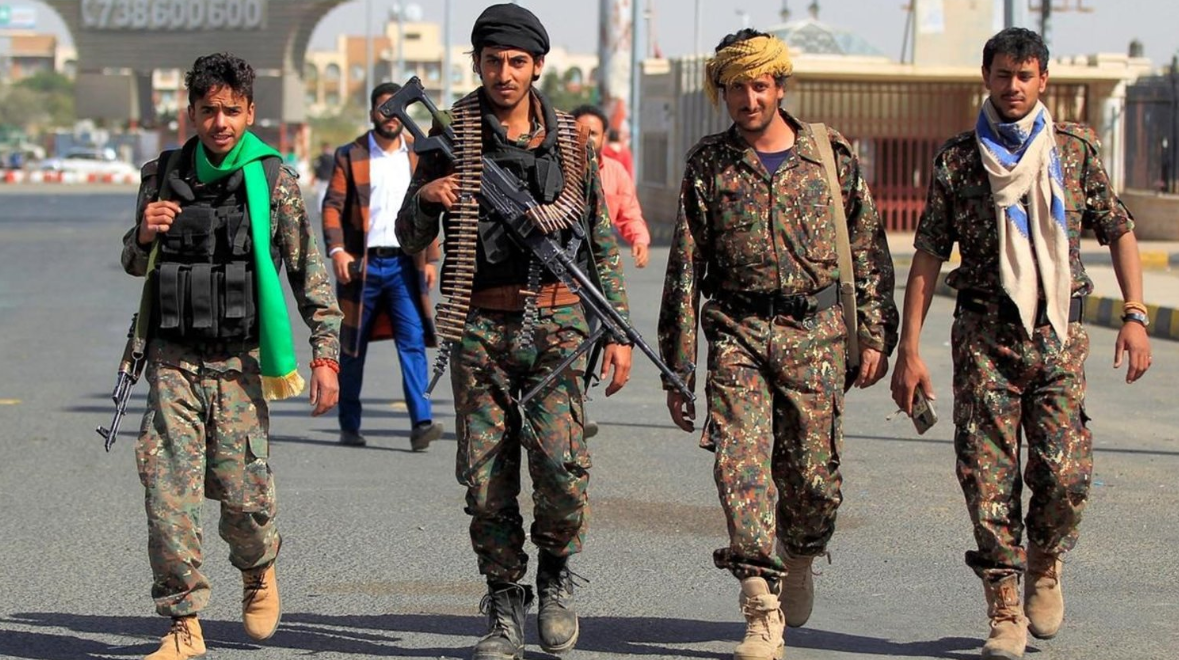The global terrorist list that the US plans to put the Houthis back on does not include sanctions on material support activities, and does not come with travel bans.

In the final days of his term, the administration of President Donald Trump designated the Houthis as a foreign terrorist organization despite strong objections from human rights and humanitarian aid groups.
While the Houthis are on this list, Americans and individuals and entities subject to US jurisdiction are prohibited from providing material support to the Houthis.
The ban has prompted aid groups to warn it could lead to a humanitarian disaster even greater than what has happened in Yemen.
During the administration of President Joe Biden, US Secretary of State Antony Blinken removed the Houthis from the terrorist list to maintain the flow of food, medicine and other necessary aid to the Yemeni people.
The US-designated global terrorist list that the Houthis are expected to be placed on does not include sanctions on material support and does not come with travel bans like those imposed on foreign terrorist organizations, so the US move is unlikely to significantly impede aid deliveries to Yemeni civilians.
News of the US plan comes as Houthi forces have carried out dozens of attacks since November targeting ships in the Red Sea, a vital corridor for global shipping.
US and British forces have responded by carrying out dozens of air and naval strikes against Houthi targets in Yemen since January 11.
Meanwhile, on January 16, White House National Security Advisor Jake Sullivan affirmed that the US and its allies must work together to address the threat posed by the Houthis to commercial shipping in the Red Sea to minimize the impact on the global economy.
Sullivan acknowledged that the Houthi attacks in the Red Sea, as well as attacks by other forces in Lebanon, Syria, Iraq and Yemen, raised concerns that the Israel-Hamas war could escalate even as Israeli officials were scaling back their military campaign in Gaza.
“We have to be vigilant and alert to the possibility that, in fact, rather than moving toward de-escalation, we are on a path of escalation that we have to manage,” Mr. Sullivan said.
The attacks in the Red Sea have caused significant disruption to global trade. Oil prices have moved higher in recent days, although Brent crude futures were down slightly in early trading on January 16.
Last week, Linda Thomas Greenfield, the US ambassador to the United Nations, said that since November 2023, 2,000 ships have been forced to divert and travel thousands of miles away to avoid the Red Sea. The Houthis have threatened or taken hostage sailors from more than 20 countries.
Despite continuous attacks on Houthi, the White House National Security Council's strategic communications coordinator, John Kirby, emphasized that the US does not want to go to war with Houthi.
Meanwhile, according to TASS news agency, Russian Ambassador to the United Nations Vasily Nebenzya assessed the arguments put forward by the US and UK regarding the Houthi attack campaign as “extremely weak”. Mr. Nebenzya said: “There is no legal basis for this attack on Yemen’s sovereignty”.
Ambassador Nebenzya stressed that the US coalition has no legal authorization to take military action. “Protecting commercial shipping is one thing, attacks on commercial vessels are unacceptable, but an illegal and disproportionate attack on another country is a completely different story,” he concluded.
TB (summary)